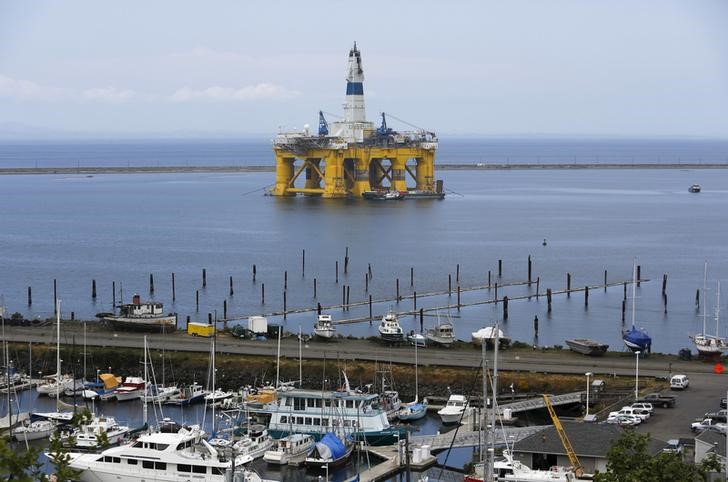Oil prices are expected to surge towards $100 per barrel in the short term due to output cuts and geopolitical tensions, according to a recent note by Citi’s global head of commodity research Ed Morse and his team. However, the analysts believe these elevated levels are not sustainable and predict a retreat by year-end.
The report, released today, suggests that the Saudi inclination to withhold oil from the market, coupled with Russia maintaining export constraints, could drive prices upward in the short term. However, with faster supply growth than demand growth outside of Saudi Arabia and Russia, prices around $90 per barrel appear unsustainable.
This rise in oil prices has been evident over the past three months. West Texas Intermediate (WTI) has seen an increase of about $23 per barrel since late June, with prices exceeding $91 today. futures have experienced a similar upward trend, rising more than 30% over the same period and currently standing above $94 per barrel.
Contrary to this short-term surge, Citi’s analysts expect oil to average $84 in the fourth quarter of 2023 and anticipate it to drop into the low-$70 range in 2024. The note states that production is growing among non-OPEC+ members like the US, Brazil, Canada, and Guyana. Moreover, exports from Venezuela and Iran have also seen an increase.
The note suggests that these inventory dynamics should keep a cap on prices for the remainder of 2023 and 2024. It further adds that Saudi Arabia might reverse cuts if markets become too tight.
In early August, Saudi Arabia extended its unilateral production cuts while Russia reduced exports through year-end. These cuts were in addition to OPEC+ reductions announced last year.
This recent rally in oil prices has led RBC Capital Markets to contemplate the possibility of $100 per barrel amid a momentum-based market. “The notion of $100/bbl has evolved from completely unimaginable a few short months ago, to within striking (or hyping) distance today,” analysts Michael Tran and Helima Croft wrote in a recent note to investors.
However, Morse cautions that “higher prices in the near term could make for more downside for prices next year.” This indicates a potential reversal in the oil market dynamics as we move into 2024.
This article was generated with the support of AI and reviewed by an editor. For more information see our T&C.
Read the full article here












